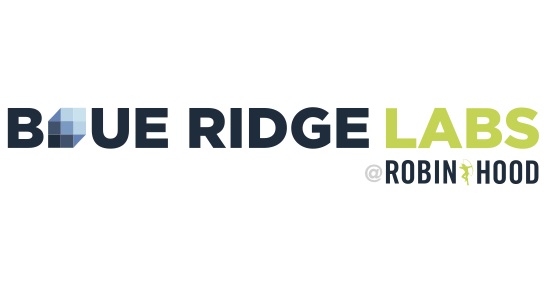In a Startup Incubator, More Signs Social Entrepreneurs Are Getting Hip to Systems
/
What does it take for an enterprise to live up to the label “social?” What about an entrepreneur? In recent years, a flurry of activity has arisen to fund startups promising some version of social good, like easier access to energy-efficient lightbulbs, financial literacy or affordable housing. More young professionals are eager to frame their entrepreneurial careers around the “triple bottom line”: social good and environmental sustainability in addition to profit. Meanwhile, the broader universe of social entrepreneurs, which encompasses a growing swath of nonprofits, is thriving as never before.
That kind of culture change bodes well, but is it enough? Can these individual do-gooders, with all their hustle and fresh thinking, broaden their impact beyond small fixes and achieve anything resembling systemic change? Earlier this summer, several key funders in this space—Jim Bildner of the Drapers Richard Kaplan Foundation and and Vanessa Kirsch and Jeff Walker of New Profit—published an article in Harvard Business Review taking on this question, arguing that social entrepreneurs need to become "systems entrepreneurs." They wrote that these change agents, so often inclined to operate as outsiders, need "a set of tools and a framework designed to address the complexity inherent when innovations are integrated into existing systems like school districts, welfare agencies, health departments, and corporate structures."
We've argued something similar at Inside Philanthropy, noting that for all the excitement around social entrepreneurs, it's actually social movements that have lately done the best job at moving the national debate around certain issues, like inequality, race and policing. Likewise, there's growing evidence of the effectiveness of collective impact efforts—where many different stakeholders work together to solve problems.
Related:
- Is Too Much Funding Going to Social Entrepreneurs—And Too Little toSocialMovements?
- Team Education: These Funders Want to Push CollectiveImpact to the Next Level
This background explains why we're intrigued by Blue Ridge Labs, a New York-based incubator that supports social entrepreneurs developing services for low-income communities. In our past coverage of Blue Ridge, we shed light on its recent origins via hedge fund billionaire John Griffin and its current status as subsidiary program of the Robin Hood Foundation.
Related:
From its Brooklyn co-working space, Blue Ridge guides its portfolio companies through the treacherous early life of the startup, assisting them with grants and expertise as they flesh out their offerings, learn the entrepreneurial ropes, and start shopping around for investors.
In many ways, Blue Ridge Labs is similar to startup incubators across the country. But several things mark it out as a place to watch. For one, the Robin Hood Foundation funds Blue Ridge in its entirety. And Robin Hood, in turn, has the backing of a powerful board representing the city’s wealthiest interests.
For another, Blue Ridge Labs takes a refreshingly systems-oriented view and is good at listening.
We spoke with Hannah Calhoon, who heads up Blue Ridge, about her organization’s role in New York’s social enterprise sector. One thing that struck us is how attuned she is to the linkages between this sector and existing actors trying to achieve change, including government. Clearly, Blue Ridge has heard and internalized the common critique of social entrepreneurs, which is that they tend to parachute into problems without enough appreciation of veteran advocates who've long been on the case.
Even more so, Calhoon emphasized the importance of community outreach to Blue Ridge’s work. Many of the partners Blue Ridge lists on its About page aren’t donors. They’re organizations Blue Ridge works with to collect data and community responses as its companies develop their products. Through its “Design Insight Group,” Blue Ridge even solicits low-income New Yorkers to “share stories about your life and test new technology” for $25 an hour.
Despite its high finance funding and startup chic, Blue Ridge Labs is keyed into the questions that social movements (rather than social enterprises) commonly address. With its portfolio companies providing services in financial education, “gov-tech,” health access, sustainability, and education, Calhoon talked about how important it is to make sure social entrepreneurs actually understand low-income people and their lived experiences.
Since tech entrepreneurs don’t usually come from poverty, they’re more likely to come into social enterprise with unconscious assumptions about “irrational” decision making among poorer people. Those cultural assumptions would cripple an enterprise’s efforts to improve, for example, the check-cashing industry. In addition to delivering more fluid user experiences, Blue Ridge Labs focuses on data’s potential to make it easier for people to respond to poverty’s threats and avert crises before they occur.
Blue Ridge Labs doesn't incubate social movements or create systemic political change. But its work is another sign that the social entrepreneur movement is growing up by moving in the direction of systems thinking, as well as gaining an appreciation of collective impact. As Blue Ridge states: "We acknowledge, celebrate and depend on the whole community to contribute to our process."








